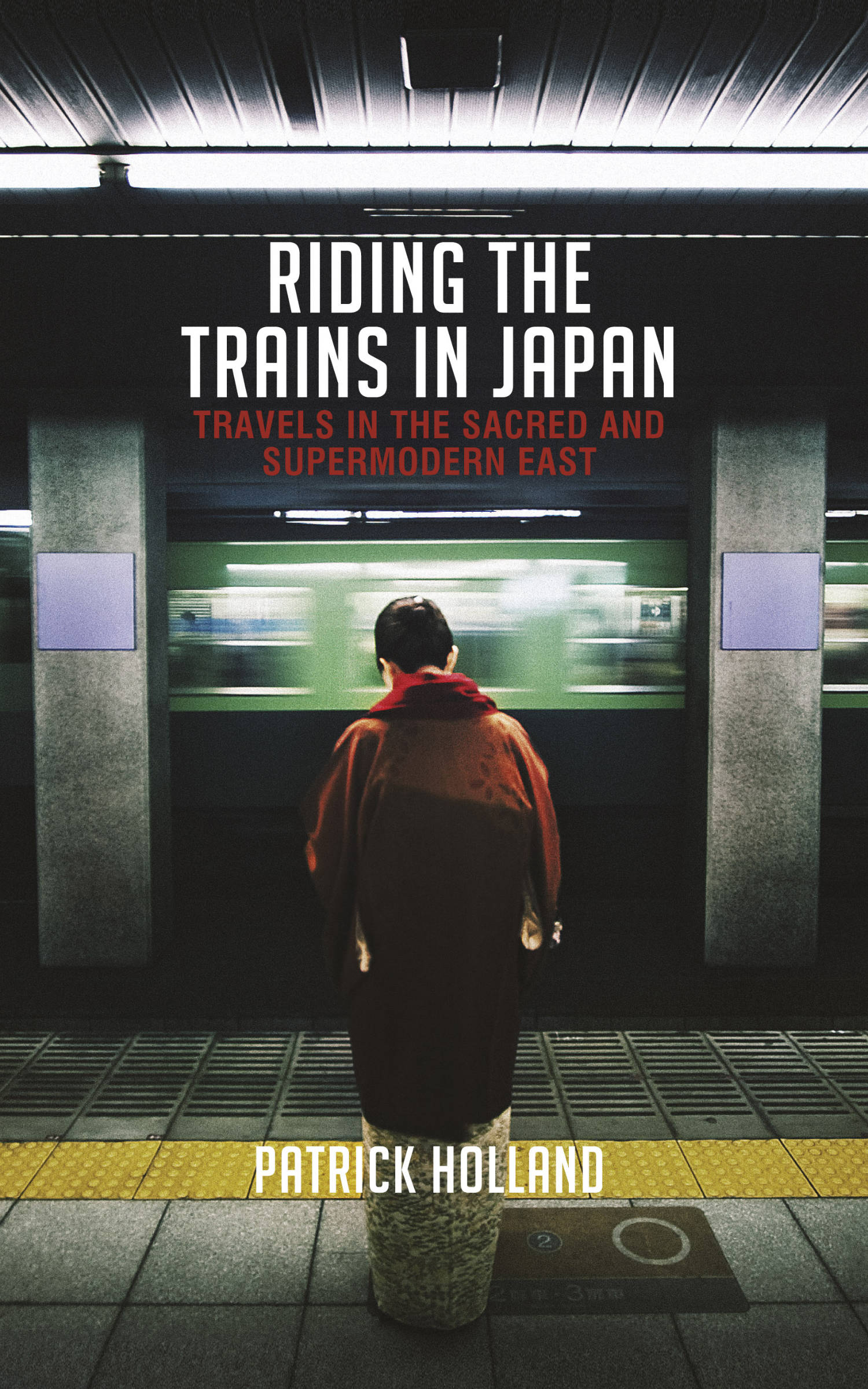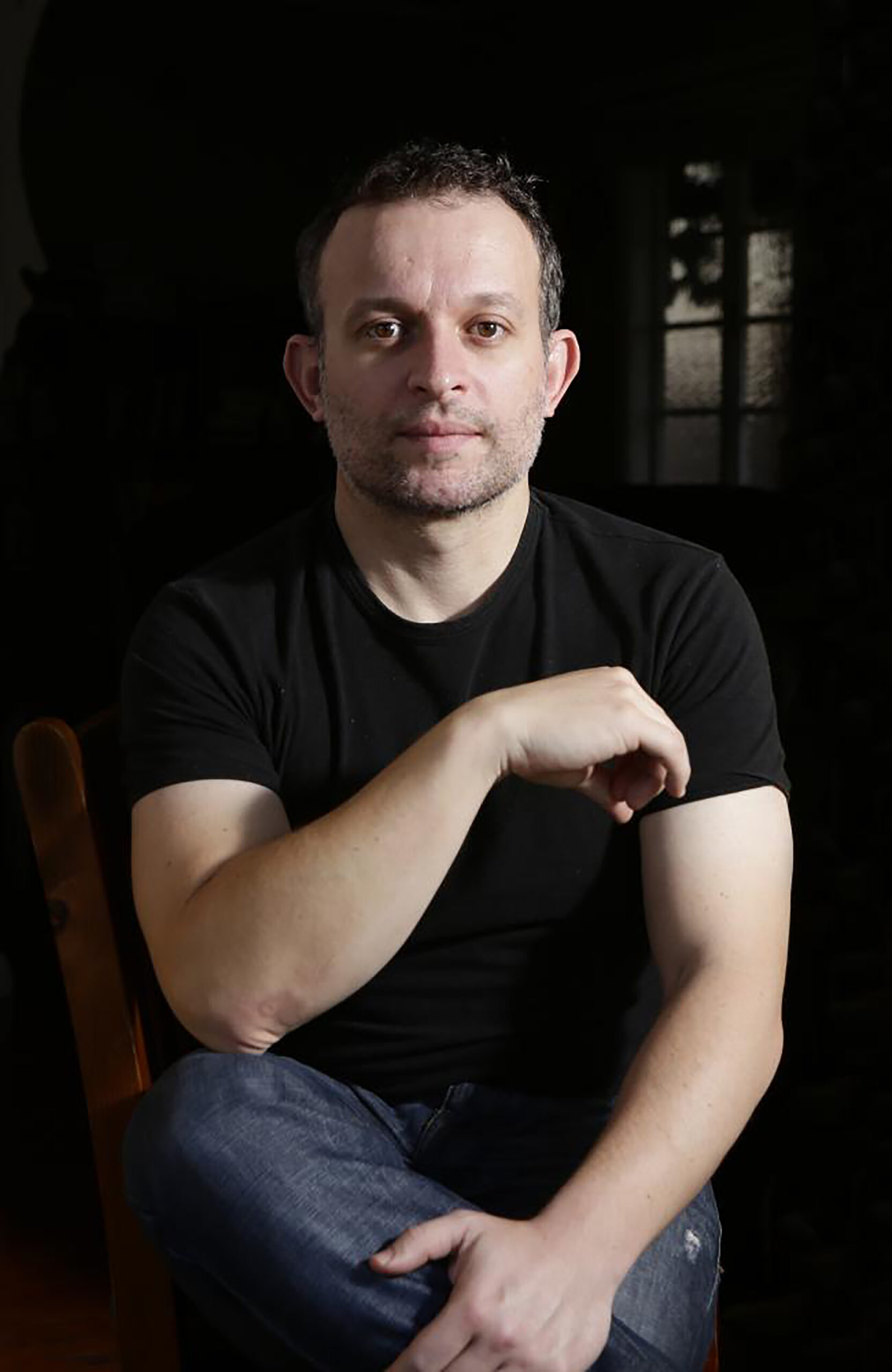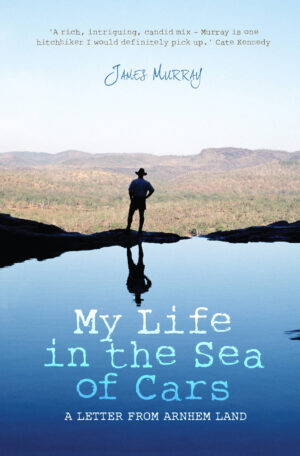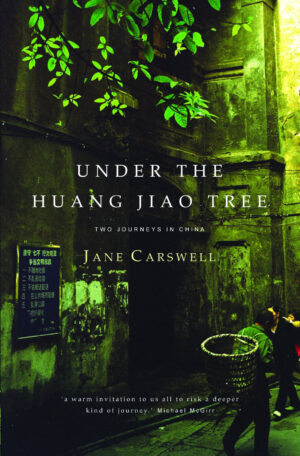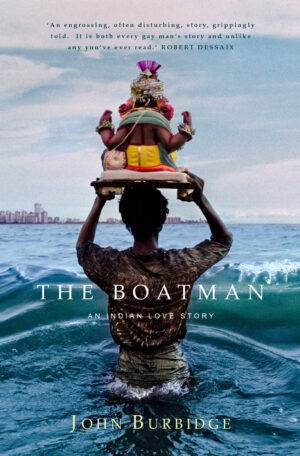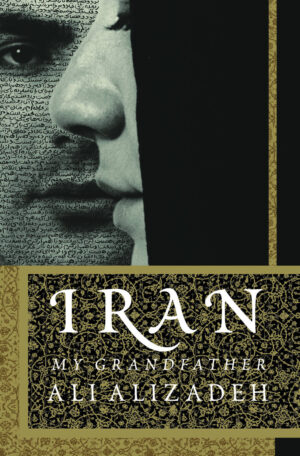Holland’s writing is erudite and mesmerising; philosophical and at times deeply personal. Too often travel narratives take a Pollyanna approach to foreign cultures, I suspect motivated by misguided political correctness masquerading as mutual respect.
Riding the Trains in Japan succeeds in the difficult task of offering the reader a fresh vision of places and histories, of catching the impression of distant voices and also of offering the kind of insight only acquired through travelling.
Brenda Walker, The Australian, October 22 2011
Few things read worse than bad travel writing. Fortunately, Patrick Holland largely dismisses the traditional travel narrative as “at best a kind of nostalgic fantasy, at worst a lie” on the fifth page of this collection detailing his time in China, Japan and Vietnam. Holland is more concerned with the spaces between Big Travel Experiences and the hooks these offer for a parallel, scattershot brand of philosophising, such as how dark water plays on human fears. Holland’s stories, for they are stories, are carefully constructed with a writer’s eye for recursive events, laden with detail and sting-in-the tail endings, and featuring an authenticity of place lacking in many contemporary short stories. The best resonate deliberately while maintaining this solidity; the worst fall back on anecdotal hijinks-yet even the worst are decent. For readers interested in the intersection of event, idea and place, this collection is a treat.
Rhys Tate, The Big Issue, 6-25 Dec 2011
The speed of 21st-century transport and the uniformity of airports and modern cities make the traditional travel narrative a “nostalgic fantasy”, Patrick Holland says. The fate of contemporary traveller is to be “everywhere and nowhere at once”. It’s not surprising Holland should feel this so acutely. Unable to find accommodation in Kyoto, he decides to travel aimlessly by train for days on end and thus embrace what he calls this “supermodern” condition. Appropriately, these travel stories through Asia largely dispense with the contrivances of narrative tension or plot, being driven more by intellectual curiosity, philosophical reflection and an openness to uncertainty. In China, Holland explores the often bleak reality behind the “economic miracle”, such as spreading deserts and ghost cities of concrete. Free of the attitude and self-absorption common to the genre, this travel writing of a more existential kind.
Fiona Capp, The Age, October 2011
Patrick’s intrepid spirit makes for some marvellous travel tales, which are also humble reflections on how to live and what place there is for faith in the modern world. The fascinating rendering of the traditional juxtaposed with the modern in the first story continues throughout the collection.
The fact that it is non-fiction and travel writing might discourage, but Riding the Trains in Japan is far more remarkable than either of these genres might suggest – and it is not just for Japanophiles like myself. Reading Riding the Trains in Japan is a meditative experience, and I found much more to contemplate once I put the book down.
Ingrid Josephine, Readings Monthly December 2011- January 2012
‘ … a patient, observant book, and also a joyful, knowledgeable one.’
William Heyward, Australian Book Review, March 2012

